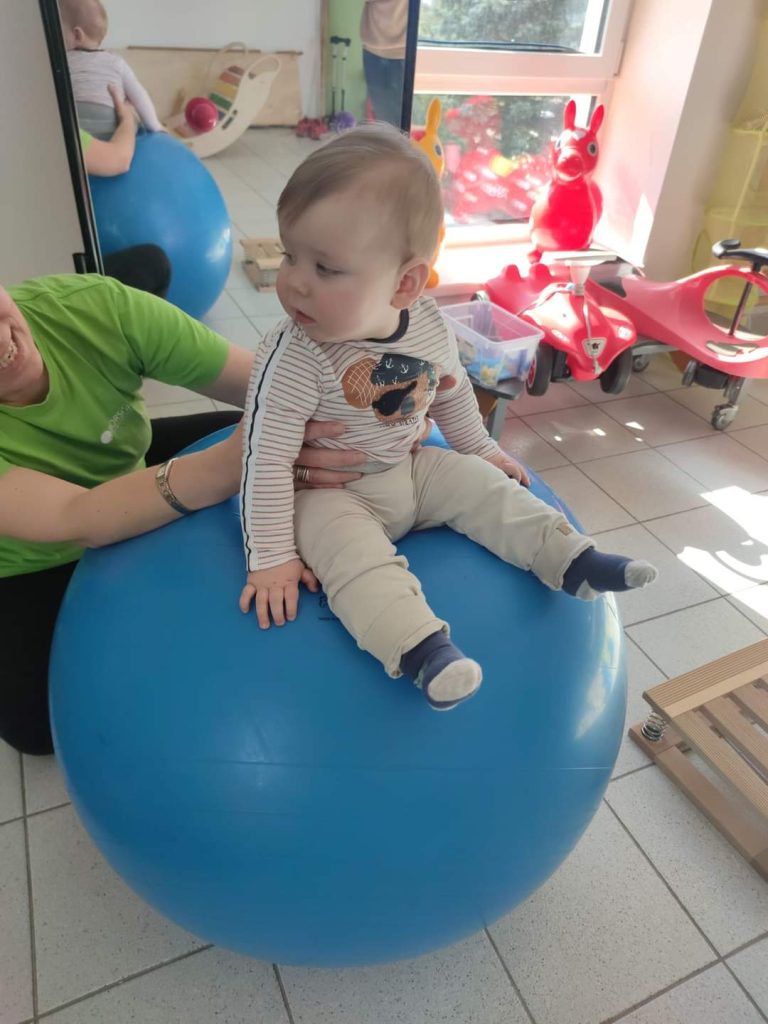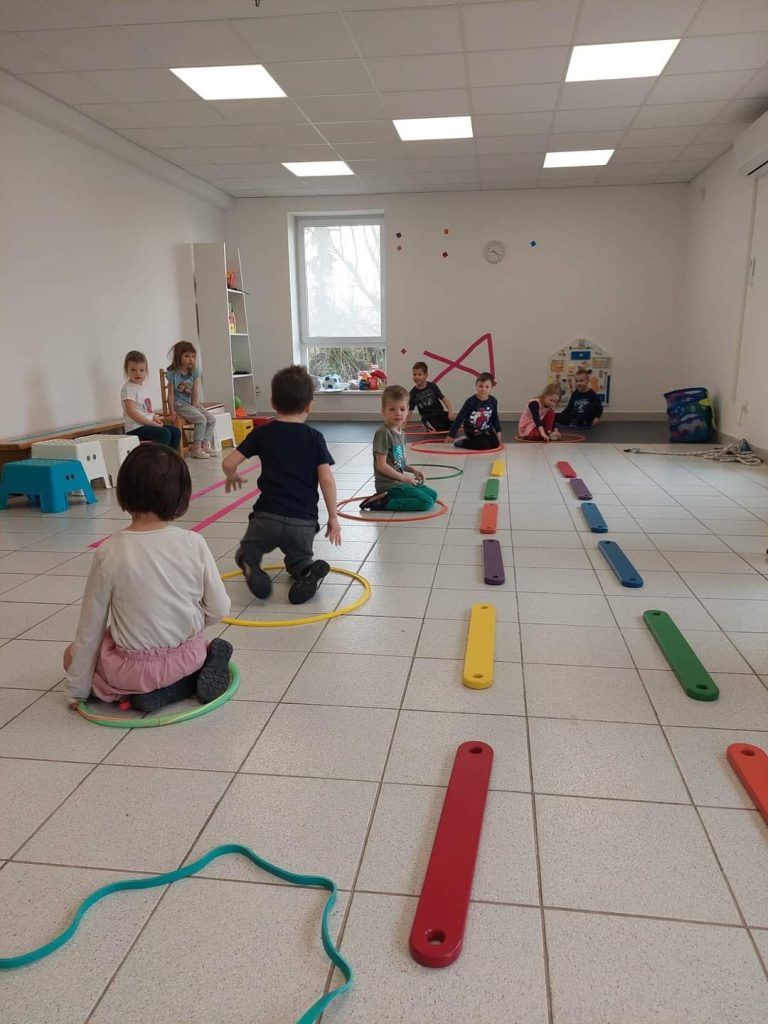Early screening
If your baby is premature or has a birth injury, repairing the nervous system as early as
possible is the most important thing. In infancy, up to the age of one year, it is still possible
to correct the nerve pathways necessary for the proper functioning and development of the
nervous system. Due to the complexity of the therapy it may have limited effectiveness.
However, it is important to note that early and regular therapy increases the chances of a
healthy life like that of a healthy peer. It is therefore important that the first screening is as
close as possible to the birth of the baby. Babies whose developmental differences are
becoming more noticeable, for example where age-appropriate movement and other
developmental milestones are not evident month by month, a very valuable period of time
can be lost.
In the first year of a baby's life, early therapy and movement development can be achieved primarily through early development. Restoring the child's movement at this stage of life is of primary importance because it has an impact on the intellectual, emotional and social development expected later in life. It contributes to the development of the child's abilities and to the prevention of later behavioural and learning problems through the proper functioning of the nervous system.
Babies naturally reach equally important stages of motor, intellectual and social development at different rates. Minor developmental delays do not always require targeted movement therapy. However, if the developmental rhythm is progressing at a slower pace than is appropriate for the age of the baby, rapid intervention, appropriate therapy, development and home-based activities can be helpful.
Conductive pedagogy involves the development of motor activity and cognitive functions, manipulative skills and self-care habits. Particular emphasis is placed on play activities, early development of speech, body image development, and increasing the child's knowledge.
Early screening and counselling by a team of conductor-protectors in the Pea House
It could be an important sign:
- if the baby does not hold his head on his stomach after 4 weeks
- if the head is unilateral
- if you don't like lying on your stomach
- if your hand is constantly in a fist
- if your crying does not differentiate after 6 weeks, you cry too much or too little
- Does not turn both ways at 6-7 months
- No playing with your hands and feet at 6-7 months
- No rolling, crawling, climbing at 9 months
- if your sucking skills are weak or your sucking reflex is too strong
- if he has swallowing problems, he cannot learn to eat with a spoon after 6 months
- if chewing does not start in the 8th month.
These signs are not necessarily a problem. However, if you notice one or more developmental differences in your child, you should ask for a screening. The conductor will give you accurate information about the motor and intellectual development expected at that age. The assessment will reveal the extent of the delay, while at the same time providing an individualised development plan and homework assignments.
Group screening in kindergarten
The Pea House also accepts pre-school groups for screening. This is when we find out about the skill levels of school-age children, individual differences that affect learning and behaviour.We test their strength, coordination skills, eye-hand and eye-foot coordination. Furthermore, the profile of residual reflexes, the realisation of fine manipulation. Observation of group behaviour, ability to follow instructions, to infer school behaviour and the level of attention that guides learning processes.
The playfulness of the tasks makes children feel good. Kindergarten teachers can see the team's shortcomings as they go. They can incorporate the tasks presented here into their everyday developmental and educational work.
Individual development is provided if needed.

